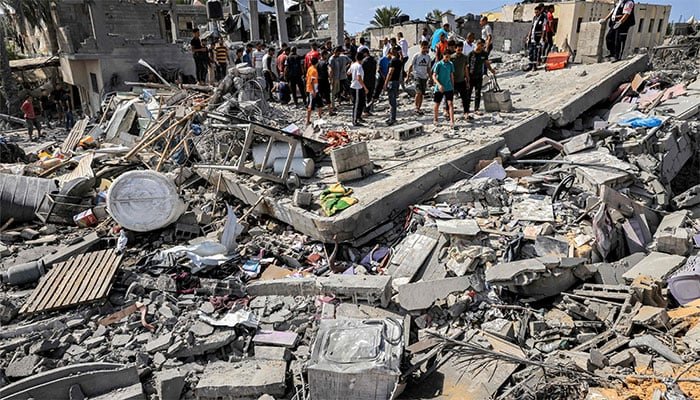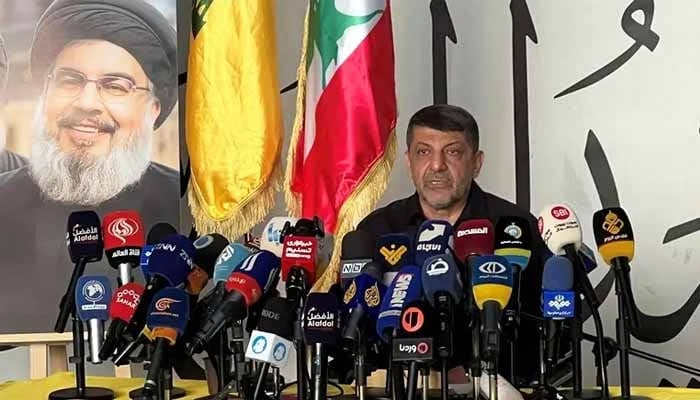In a recent session at the United Nations Security Council, the United States once again exercised its veto power, blocking a resolution regarding the ceasefire in Gaza, proposed by Brazil. This move, the second American veto on a ceasefire resolution, has intensified concerns globally about the ongoing Israeli-Palestinian conflict.
The Security Council, comprising 15 member states, witnessed 12 countries supporting the proposed resolution while Russia and Britain abstained from voting. The resolution aimed to halt the devastating violence in Gaza, which has left hospitals overwhelmed and countless innocent civilians, including children and women, dead or severely injured. The attacks have led to over 500 Palestinian casualties, with more than 13,000 people sustaining serious injuries, surpassing a grim toll of over 3,000 fatalities among Palestinians due to Israeli airstrikes.
The situation escalated when Israeli forces targeted hospitals in Gaza, leading to international condemnation. United Nations Secretary-General Antonio Guterres and other global leaders expressed outrage over these attacks, emphasizing the sanctity of hospitals and the unacceptable nature of such assaults. Guterres stressed that hospitals are sacred spaces and attacking them is morally and ethically indefensible. He further declared that the social consequences of attacks by Hamas militants could not justify such actions, condemning the assault on medical facilities.
The severity of the situation prompted urgent diplomatic efforts. Leaders from Jordan, Egypt, and Palestinian authorities embarked on a regional tour, seeking support for a peaceful resolution. Notably, they withdrew from a scheduled meeting with U.S. President Joe Biden, signaling their dissatisfaction with the U.S. stance on the matter.
The continued violence in Gaza has not only claimed lives but also deepened the humanitarian crisis in the region. Innocent civilians, including children, are paying the price for the conflict’s escalation, while the international community faces mounting pressure to address the crisis effectively.
The Security Council’s inability to reach a consensus on a ceasefire, compounded by the escalation of violence, underscores the urgency for a comprehensive and lasting resolution to the Israeli-Palestinian conflict. The world watches with bated breath, hoping for a swift end to the bloodshed and a return to peace negotiations that will bring stability to the region.



